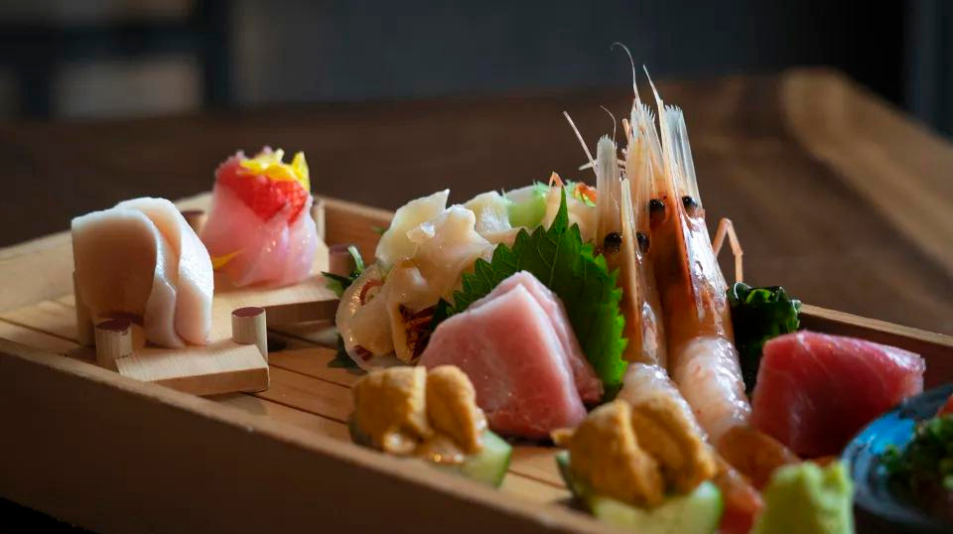
China’s Seafood Ban: A Response to Japan’s Fukushima Wastewater Release
The recent Fukushima wastewater release by Japan has stirred international debates and actions. Amidst this backdrop, Hong Kong’s Central district showcases a contrasting scene. Japanese eateries, such as Fumi, continue to thrive, suggesting that while geopolitical tensions simmer, the culinary world remains somewhat insulated.
The Political Undercurrents of China’s Ban
Japan’s decision to discharge over 1 million metric tons of treated radioactive wastewater from the Fukushima nuclear plant into the ocean has sparked tensions. China, in response, broadened its seafood import ban from Japan, a move that intensifies the restrictions set after the 2011 Fukushima catastrophe. Following China’s lead, Hong Kong also imposed bans on aquatic imports from several Japanese regions.
Chinese media platforms brim with criticism of Japan’s decision, with hashtags denouncing the water release gaining significant traction on Weibo. China’s stance is clear: the ban is a precaution against potential radioactive contamination, a counter to Japan’s safety assurances.
The Economic Impact on Japan’s Seafood Exports
Historical tensions between China and Japan amplify the current reactions. While boycotts against Japan in China aren’t new, the present situation hasn’t reached the peaks of previous disputes, like the 2012 territorial disagreements. However, the seafood ban might challenge the Japanese restaurant industry in China, which was valued at around $25 billion in 2022.
In a nutshell, the Fukushima wastewater release has undeniably cast a shadow over Japan’s seafood exports and ignited historical tensions with China. Yet, in places like Hong Kong, the culinary allure of Japanese dishes remains undeterred. As the political and economic landscapes evolve, it remains to be seen how this event will shape the future of seafood trade and diplomatic relations in the region.


